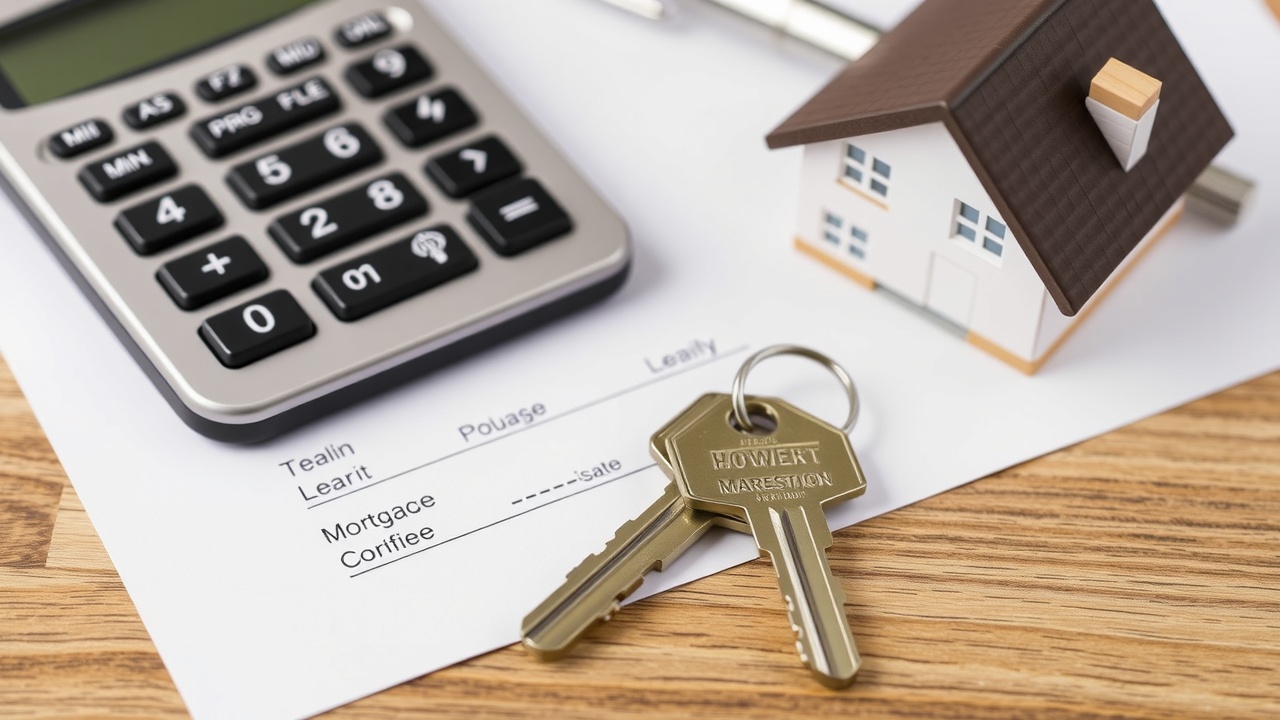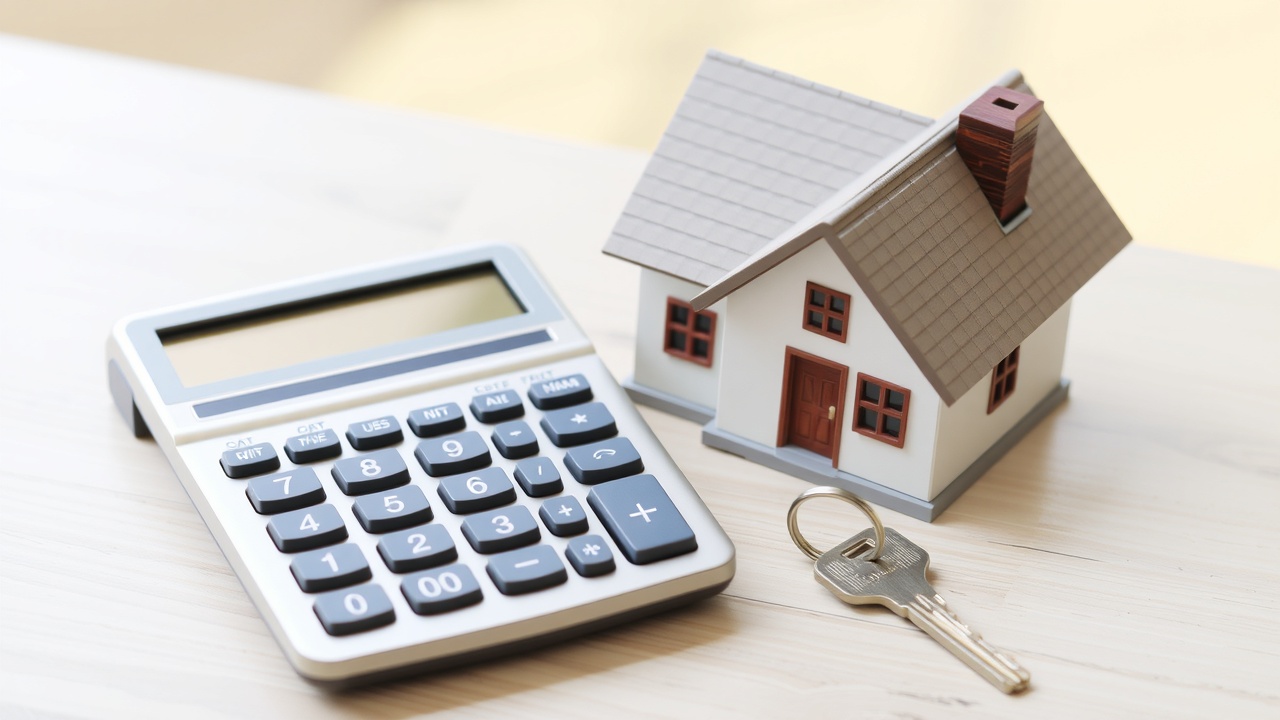
To find out how much overpayments can lower your mortgage balance, use our mortgage overpayment calculator
Consider taking advantage of a home loan's flexible feature to lessen the impact if your current agreement expires and you are faced with higher mortgage rates.
When remortgaging comes around, you can lessen the impact of a repayment increase by overpaying on your mortgage.
This is because the balance will be lowered when you remortgage, meaning you will pay interest on a smaller amount.
Many borrowers who are nearing the end of their fixed rate will have to accept remortgage offers that are significantly higher than what we are all accustomed to. You might therefore be considering overpaying your mortgage if you have extra money to spare.
You can become mortgage-free sooner by significantly lowering the interest you pay to your lender by overpaying your mortgage. When the time comes to remortgage, borrowers who overpay and lower the loan-to-value (LTV) of their mortgage may also discover that they have access to a wider range of better rates.
Overpayment can be made in the form of a lump sum, a regular monthly payment, or a combination of both. Most lenders do not charge an early repayment penalty for customers who repay up to 10% of their mortgage balance annually; however, some banks permit larger overpayments. Verify your mortgage's terms in the original documentation. Speak with your lender if you are unable to locate it.
After determining the amount you can overpay, you can begin to do the math. With the use of our mortgage overpayment calculator, you can determine whether it would be worthwhile to make overpayments by calculating the potential monthly balance change.
Overpayment calculator for mortgages.
How you can avoid paying thousands of dollars in interest by paying your mortgage in full.
The consequences of overpaying your home loan can be significant.
According to the broker LandC Mortgages, a homeowner with a £300,000 mortgage on a two-year fixed rate of 5.39 percent over a 25-year term would save 29,030 in interest and be mortgage-free two years and six months early if they overpaid by £100 per month.
As an alternative, you could shorten your mortgage term by 10 months and save 13,701 in interest by making a one-time lump sum overpayment of £5,000.
Overpaying can have a significant effect, even if you're on a less expensive mortgage.
For instance, you would save 8,734 in interest and pay off your mortgage two years and four months sooner if you overpaid by £100 per month on a £300,000 mortgage with a rate of 2.15 percent.
With the 2.15 percent interest rate, you would pay 3,496 less in interest and be mortgage-free seven months sooner if you made a one-time lump sum overpayment of £5,000.
Things to think about prior to making excessive mortgage payments.
Before investing your money in a mortgage, you should make sure it's the right decision.
The first step is to make sure you have a healthy savings cushion that covers living expenses in the event that your income is disrupted. This buffer should be equal to three or six months' worth of your income.
If that's the case and you feel confident that you have the funds to make overpayments on your mortgage, you should check the terms of your loan with your lender to see if you can make overpayments without incurring penalties.
Remember that you will lose access to the money once you turn it in as an overpayment, so make sure it is money you do not need.
In a separate guide, we highlight factors to take into account when determining whether to invest or overpay your mortgage.
Do overpayments on mortgages make sense?
You will pay less in interest the sooner you pay off the loan. Making overpayments will help you pay off your mortgage more quickly by lowering the amount of interest you pay on it.
Reducing your mortgage debt with some of your savings may also help you if it lowers your loan-to-value (LTV) bracket. If you overpay, you may move into a lower LTV bracket and qualify for a better rate because lenders offer lower rates the more equity you have in your house.
The majority of lenders offer the lowest mortgage rates to borrowers with an LTV of 60% or less. You may therefore be eligible for a lower interest rate when you eventually remortgage if you used savings to pay off a portion of the mortgage if your LTV was slightly higher.
Whether it's worth it for you will rely on your goals, financial status, and unique circumstances.
A mortgage broker can offer you guidance on what's best for you if you need it.
The "what is an offset mortgage" guide discusses offset mortgages.














Leave a comment on: Calculate your mortgage overpayments to see if you can pay off your house loan early